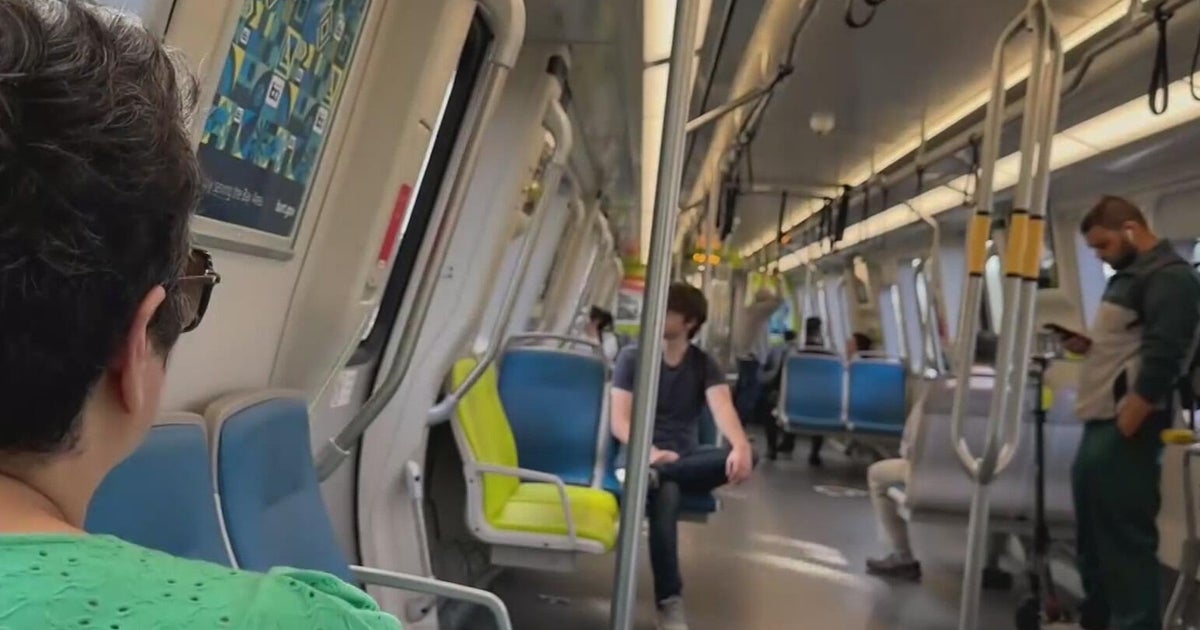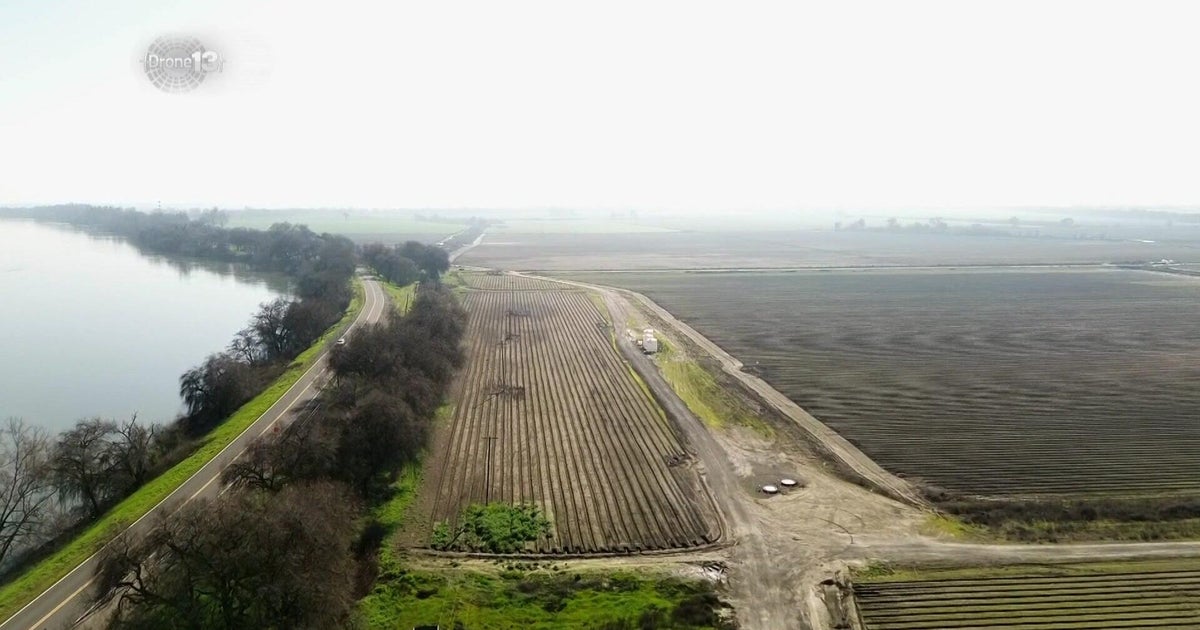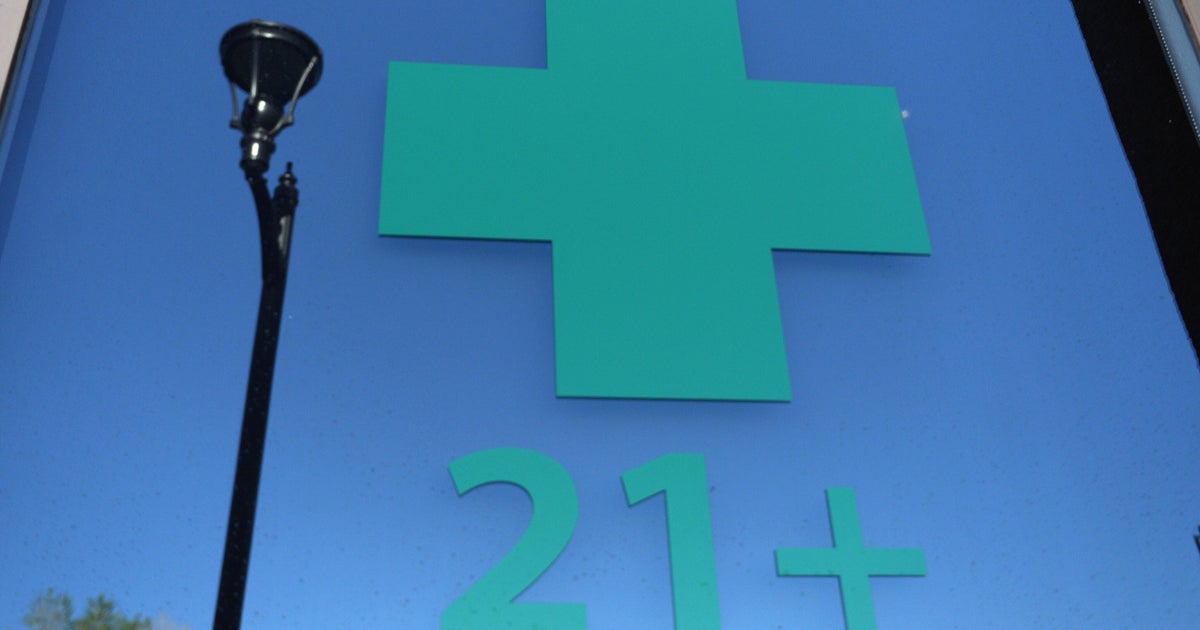Proposition 7: Voters To Decide Future Of Daylight Saving Time...Sort Of
It's clockwork: Every fall and spring, Californians and most of the rest of the nation switch to daylight saving or standard time, often with gripes about losing an hour of sleep, the sun setting earlier in the day or the minor chore of changing clocks.
This November, California voters will decide if it's time for a change.
If voters approve Proposition 7 on Nov. 6 — the day after most of the nation falls back an hour — that would pave the way for year-round daylight saving time in the state. The issue would still need a two-thirds vote from the California Legislature and a change in federal law.
PROPOSITION 7 FAST FACTS
WHAT YOUR VOTE MEANS
- A YES vote on this measure means: The Legislature, with a two-thirds vote, could change daylight saving time if the change is allowed by the federal government. Absent any legislative change, California would maintain its current daylight saving time period (early March to early November).
- A NO vote on this measure means: California would maintain its current daylight saving time period.
FISCAL IMPACT
- This measure has no direct fiscal effect because changes to daylight saving time would depend on future actions by the Legislature and potentially the federal government.
- Ballot impact data and vote text from the California Legislative Analyst's Office
The original reason for implementing daylight saving — to save energy during WWI — no longer seems to apply to the modern world. In fact, some studies have found that daylight saving time actually increases electricity use during the summer.
The propositions supporters point to a study showing an increased risk of car accidents and heart attacks following the spring change, due to the loss of an hour's sleep.
Opponents of the proposition argue that even if California voters and the Legislature approve of year-round daylight saving, the hurdle of getting the federal government to approve is too high, considering the state's tense relationship with Washington. They also say the switch will cause its own headaches. If California goes to year-round daylight saving, the sun wouldn't rise until 8 a.m. during some winter months, forcing children to walk to school or buses in darkness and likely leading to an increase in car and pedestrian accidents.
Hawaii and Arizona, with the exception of the latter state's Navajo Nation, do not recognize daylight saving time. In March, Florida became the first state in the nation to adopt year-round daylight saving time, but the shift can't take effect unless Congress changes federal law.
2018 CALIFORNIA BALLOT PROPOSITIONS
- PROPOSITION 1
Authorizes Bonds to Fund Specified Housing Assistance Programs. Legislative Statute. - PROPOSITION 2
Authorizes Bonds to Fund Existing Housing Program for Individuals With Mental Illness. Legislative Statute. - PROPOSITION 3
Authorizes Bonds to Fund Projects for Water Supply and Quality, Watershed, Fish, Wildlife, Water Conveyance, and Groundwater Sustainability and Storage. Initiative Statute. - PROPOSITION 4
Authorizes Bonds Funding Construction at Hospitals Providing Children's Health Care. Initiative Statute. - PROPOSITION 5
Changes Requirements for Certain Property Owners to Transfer Their Property Tax Base to Replacement Property. Initiative Constitutional Amendment and Statute. - PROPOSITION 6
Eliminates Certain Road Repair and Transportation Funding. Requires Certain Fuel Taxes and Vehicle Fees Be Approved by the Electorate. Initiative Constitutional Amendment. - PROPOSITION 7
Conforms California Daylight Saving Time to Federal Law. Allows Legislature to Change Daylight Saving Time Period. Legislative Statute. - PROPOSITION 8
Regulates Amounts Outpatient Kidney Dialysis Clinics Charge for Dialysis Treatment. Initiative Statute. - PROPOSITION 9
Removed from the ballot - PROPOSITION 10
Expands Local Governments' Authority to Enact Rent Control on Residential Property. Initiative Statute. - PROPOSITION 11
Requires Private-sector Emergency Ambulance Employees to Remain on-call During Work Breaks. Eliminates Certain Employer Liability. Initiative Statute. - PROPOSITION 12
Establishes New Standards for Confinement of Specified Farm Animals; Bans Sale of Noncomplying Products. Initiative Statute.
(© Copyright 2018 CBS Broadcasting Inc. All Rights Reserved. The Associated Press contributed to this report.)







